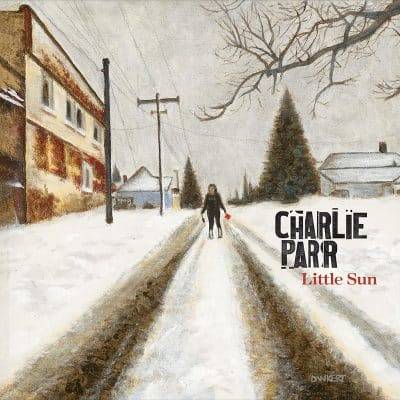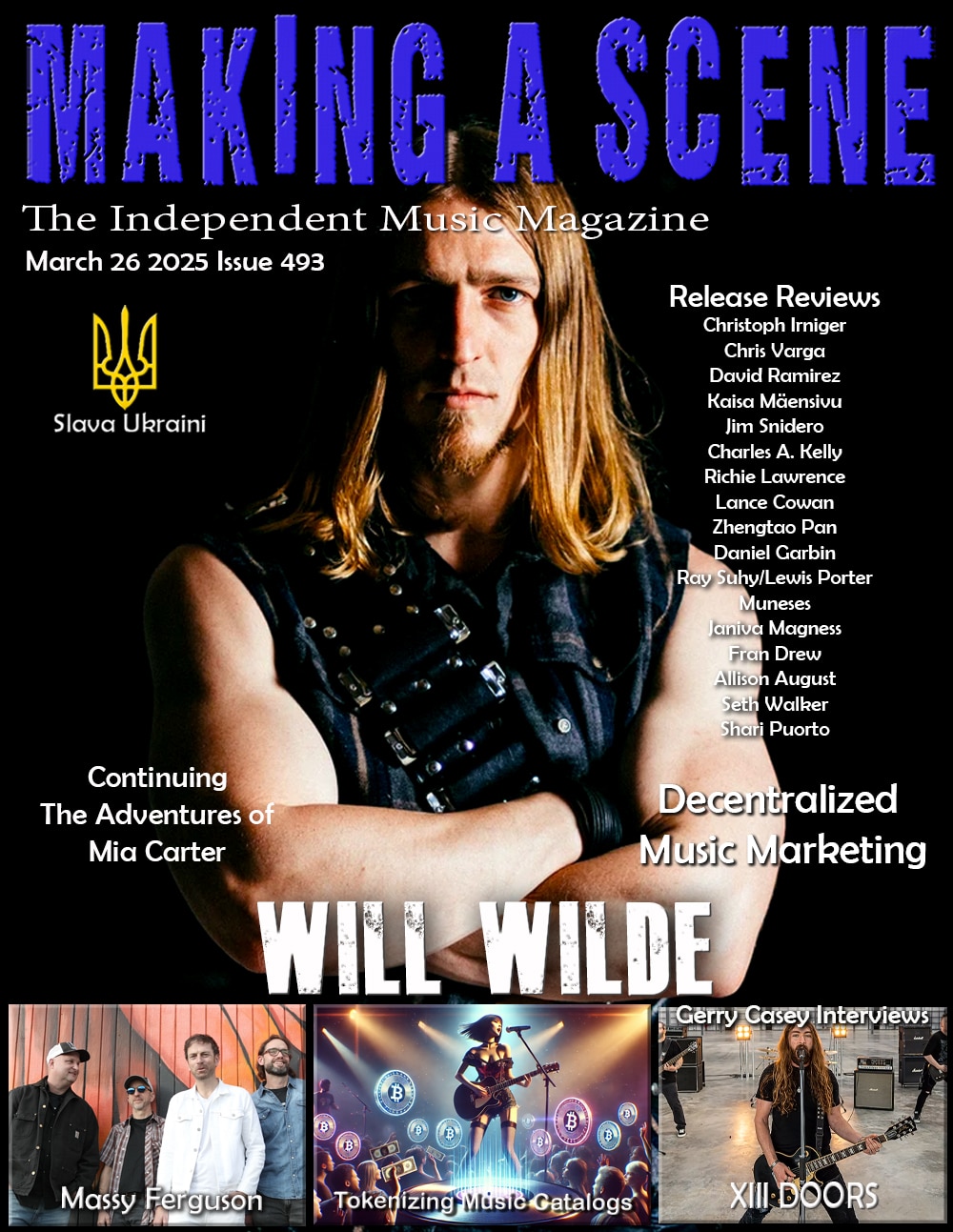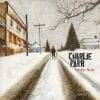Charlie Parr Little Sun
 Charlie Parr
Charlie Parr
Little Sun
Smithsonian Folkways
Minnesota-based singer, songwriter and fingerstyle guitarist Charlie Parr is the epitome of prolific as Little Sun is his eighteenth album in a recording career that began only in 2002. Yet, Little Sun marks a first in a couple of respects. This is the first time that Parr recorded in the studio with the overdubs and layers factored in. It is also the first time he worked with famed Portland producer and close friend Tucker Martine (The Decemberists, My Morning Jacket, Bill Frisell). Parr’s usual approach, up until now, has been to record the songs live in one take, with little fuss. Here the collaborators enlist the support of acclaimed guitarist Marisa Anderson, background vocals from Anna Tivel, along with Andrew Borger (drums, percussion), Asher Fulero (piano, B3, keys) and Victor Krummenacher (The Third Mind) on various basses. Parr is on lead vocals, guitar, and harmonica. The fact that it’s on Smithsonian Folkways should speak for itself.
Parr opens the eight-song album with the jangling “Portland Avenue,” raising some interesting questions as to whether we know our neighbors as well as those in previous generations did. Due to my many walks and living on a cul-de-sac, this writer may know neighbors better than some but can still go for multi-month stretches without seeing certain neighbors, let alone give a hasty wave of hello. The guess here, along with the thesis of the song, is that technology has largely separated us from human contact. In the liners Parr poses the rhetorical question – “Can we have cyber-neighbors?” The title track nods to Parr’s days in Minneapolis witnessing the shows of acoustic blues greats Koerner, Glover, and Ray. Specifically, “Little Sun” was the nickname for harmonicist Tony Glover. Parr obliges with some harmonica lines of his own.
We first hear Parr’s resplendent finger picking on “Bear Head Lake” which gathers additional instrumentation and momentum, shimmering and ethereal, for two full minutes before Parr enters with his vocals sustaining a Jay Farrar-like drawl through the choruses – “I remove my shoes/To accept the cool October/Water as it rushes back to the lake?And pools in the sky above.” Another single already released with a video depicting snowy Portland streets (the worst storm the city had endured in decades) is the rollicking keyboard rich “Boombox.” He opens with the image of a woman blasting her boombox full force next door on her porch, dancing slowly in woolly socks, sliding across the wooden floor through the dust. It’s a terrific homage to the power and value of music.
In a terrific sleight of sequencing, Parr delivers elongated, atmospheric guitar notes in “Pale Fire,” recounting a trip to New Mexico where he fell asleep at sunset, only to awaken for the sunrise. (“But when the sun was gone—the fire burned on”). The original core “Ten Watt” was recorded in Minneapolis with Mary DuShane (fiddle), Liz Draper (bass), and Mikkel Beckmen (percussion) added in Portland for a rousing tune about mustering the energy to enjoy to the nightlife in another of Minneapolis’ neighborhoods. The lyrics speak to being tired but Parr sings and blows harp with plenty of gusto. “Stray” is a sublime fingerpicked ditty about neighbors so lonely, desperate and in need of empathy. (“Mend the broken hearts/Take on their heavy load.”) He then turns to himself in the witty, self-deprecating “Sloth,” another rollicking tune with the full band framing his sly lyrics in an imaginary world of low expectations.
If you liked the stripped-down Parr, you might crave more of it. Still, the balance of Parr’s trademark folk-blues interspersed with fully rendered band tunes works beautifully in Martine’s hands.
- Jim Hynes
BUY NOW
Buy Us a Cup of Coffee!
Join the movement in supporting Making a Scene, the premier independent resource for both emerging musicians and the dedicated fans who champion them.
We showcase this vibrant community that celebrates the raw talent and creative spirit driving the music industry forward. From insightful articles and in-depth interviews to exclusive content and insider tips, Making a Scene empowers artists to thrive and fans to discover their next favorite sound.
Together, let’s amplify the voices of independent musicians and forge unforgettable connections through the power of music
Make a one-time donation
Make a monthly donation
Make a yearly donation
Buy us a cup of Coffee!
Or enter a custom amount
Your contribution is appreciated.
Your contribution is appreciated.
Your contribution is appreciated.
DonateDonate monthlyDonate yearlyYou can donate directly through Paypal!
Subscribe to Our Newsletter
Discover more from Making A Scene!
Subscribe to get the latest posts sent to your email.














































